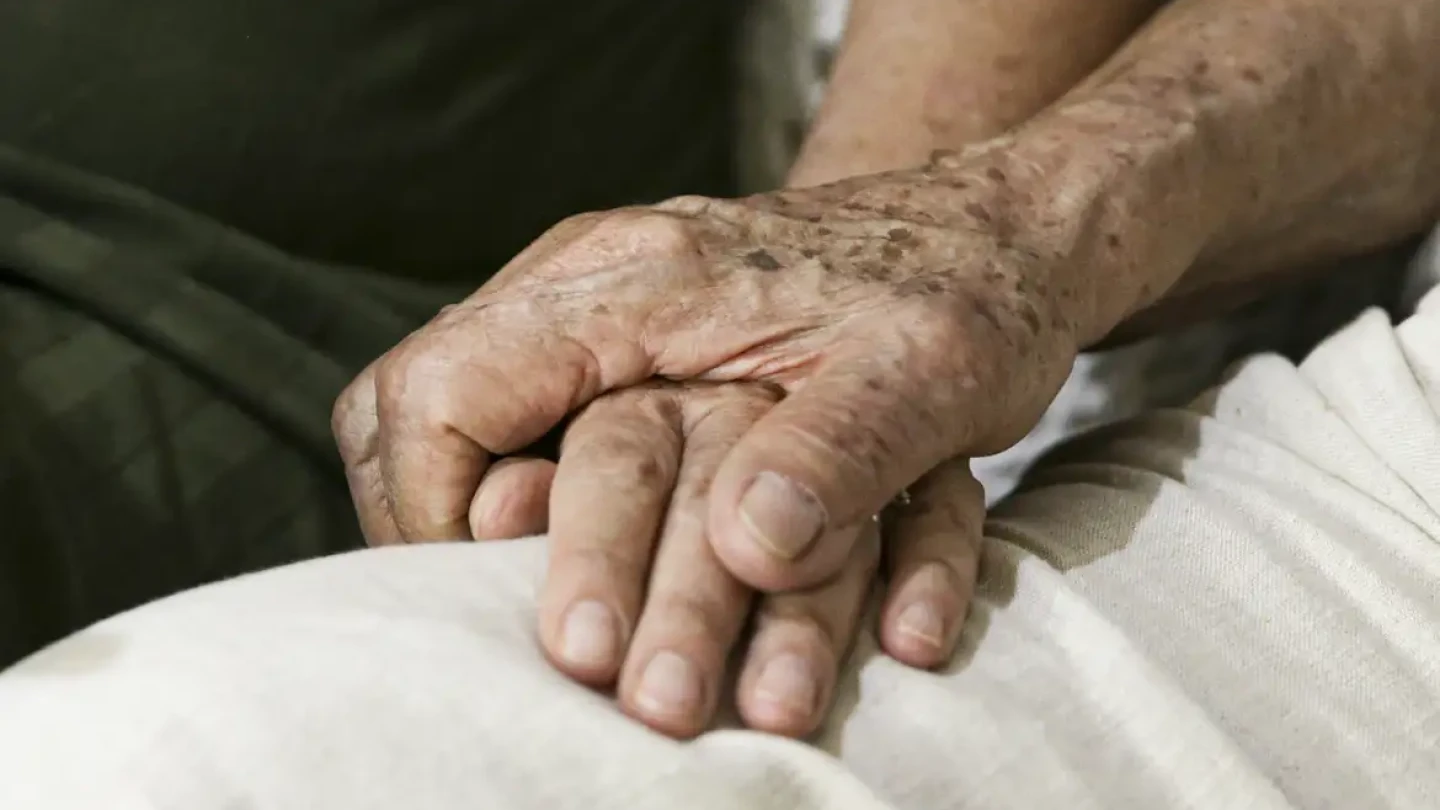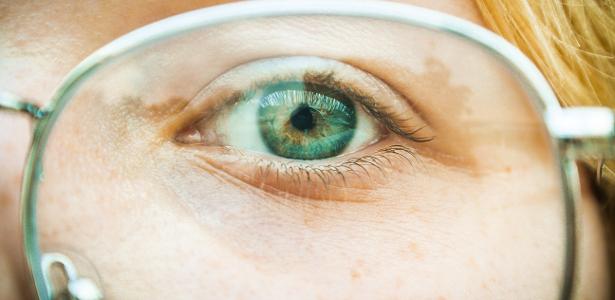
Alzheimer's disease is a progressive neurodegenerative disorder manifested by deterioration of cognitive function and memory. According to the Ministry of Health, in Brazil about 1.2 million people live with some form of dementia and 100,000 new cases are diagnosed annually. Worldwide, the number reaches 50 million people. According to estimates by the International Alzheimer's Disease Organization, the numbers may reach 131.5 million in 2050, due to population aging.
But how to deal with a person who shows signs of dementia? Should you know she's sick? According to geriatrician Simone Lima, the patient has the right to know what disease he has. “It is very important that we diagnose at an early stage where the patient is still able to understand, because at an early stage of Alzheimer's disease, the patient is still interacting, he can understand a lot, he can speak. So, it is important that he has the right to know that he has With dementia, it is the patient's right. But when the diagnosis is made at an advanced or intermediate stage, where the patient has already lost the ability to understand things and memorize information, he ends up suffering daily because you say it once, and then he forgets it again Otherwise, he suffers and forgets, “and then repeating the suffering becomes useless,” explains the geriatrician.
Alzheimer's disease usually progresses through the following stages:
- The first stage is the initial form of the disease. At this stage, a person may experience changes in memory, personality, and visual abilities.
- The second stage is considered the moderate form of the disease. The person usually has difficulty speaking, performing simple tasks, and coordinating movements. In addition, you may begin to suffer from agitation and restlessness.
- Stage 3 already has a severe form. The patient already begins to resist performing daily tasks. Urinary and fecal incontinence, difficulty eating, and poor mobility with a tendency to worsen.
- Stage 4 is the final stage of Alzheimer's disease. In addition to all the symptoms of stages 1,2,3 and 4, the patient is bedridden, rarely speaks, feels pain when swallowing and may suffer from infections.
According to Simone Lima, the main age group affected by the disease is patients over 70 years old.
There are early cases that begin before the age of 60, but the majority of cases, speaking of Alzheimer's disease, affect elderly people over 70 years of age. Other types of dementia must be taken into consideration, not only Alzheimer's disease, but it is the main disease, in 60% of cases.
signals
The geriatrician explains some signs of Alzheimer's disease that the patient's family should take into consideration. “Repetitive speech can trigger a warning sign, and it can occur in the aging process, but when it becomes too pronounced, with too much repetition, it ends up interfering with the patient's daily behavior. Loss of function is another symptom. For example, a person is always preparing The recipe on his own, and he cooked it very well. He started making mistakes in the recipe, he had to get the recipe to follow it, he was no longer able to make the recipe, and he lost that job. Loss of function is a very important milestone for us to associate with more disease,” explains Dr. Simone Lima Importance.
The treatment for Alzheimer's disease is medication. The patient will use medications that will reduce the effects of the disease.

“Friendly zombie guru. Avid pop culture scholar. Freelance travel geek. Wannabe troublemaker. Coffee specialist.”

:strip_icc()/i.s3.glbimg.com/v1/AUTH_59edd422c0c84a879bd37670ae4f538a/internal_photos/bs/2023/C/5/A4lWrPQSSw0QsBXkdijQ/greve-medicos.jpg)



